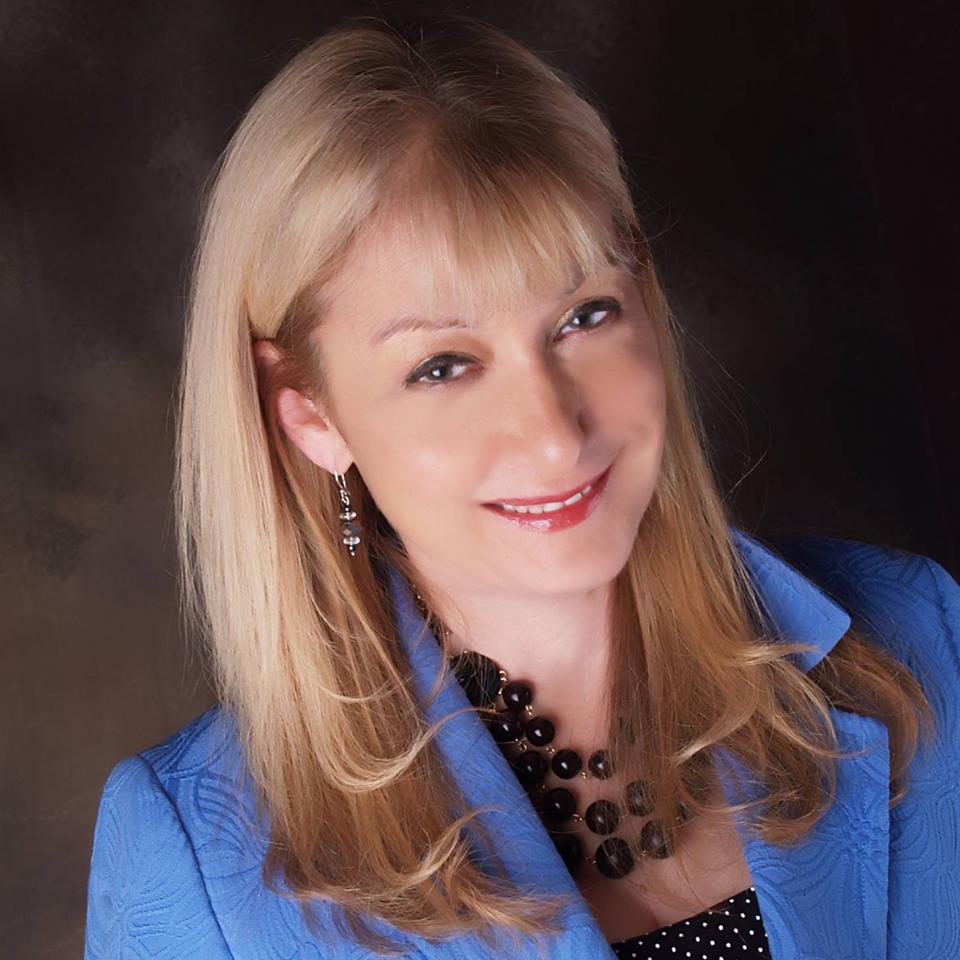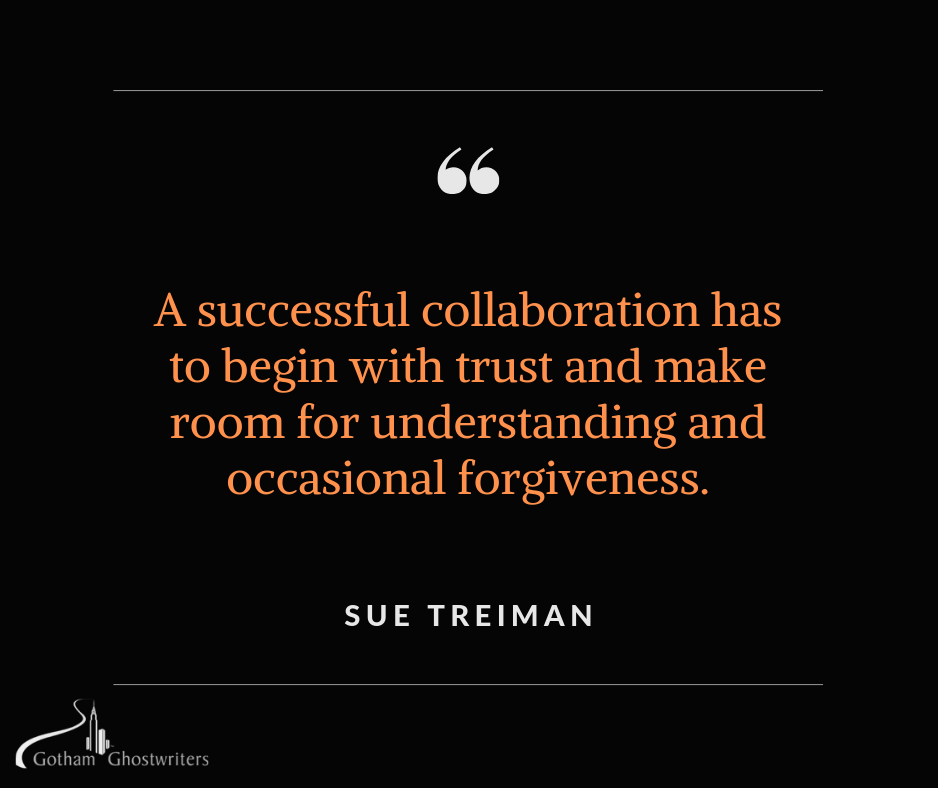
This week’s featured writer is Sue Treiman, who became a storyteller at nine, when she sent unsolicited scripts to popular television shows. And she hasn’t stopped since. Her award-studded career spans a wide range of print and broadcast journalism—including writing, producing and directing—as well as extensive online work. Today, she remains KPMG’s in-house journalist, senior writer and occasional video producer (and recent Telly award-winner) while serving as a freelance storyteller on the side. Learn more about her work and career at www.suetreiman.com.
Here, she discusses her expertise and experience, lessons learned, and advice for getting your work published.
Tell us about your writing journey. How did you begin writing, and how did you break into the industry? When did you know you could make a career out of it?
My first writing project was an attempt, at the age of nine, to write a script for my favorite primetime television show. That didn’t work out so well, but it did solidify my lifelong journey. I knew then and there that I wanted to write something, I just wasn’t sure what. So I kicked around for a while as newspaper report for the Chicago Tribune, then pitched a story to a local Chicago TV station and took a writing job with them (hey, i was honest about my complete and total lack of broadcast experience and/or knowledge, but things were different then.) It was never a matter of making a career out of newspapers, or television, or corporate writing. I just knew that putting words together had to be at the core of whatever i did. And the “whatever” tended to change.
Figuring that the days of broadcast TV were numbered, and that the online world was closer to real writing than broadcast new was, I switched over to the “new media” side at ABC and other organizations. It’s no longer new, of course. But I was lucky to preside over much of the content on the original ABC news website, and then work as a consultant for a succession of media projects. During the internet boom, I actually thought I could get rich, like all those Harvard dropouts. Wasn’t gonna happen. I left the field when my 35,000 shares of stock in a fledgling internet portal vanished in smoke.
Then, for the sake of sanity and monetary security, I spent years as a writer and in-house journalist for major consulting firms; first for McKinsey & Company and then for KPMG LLC.
I ALWAYS continued to freelance and I always dreamt of returning to legitimate journalism as my full-time pursuit. But I only managed to pull it off in the last few months. The best thing about it: the old, original joy of pursuing a story and transforming a concept into words has never diminished. I love it.

What special considerations are required for collaborating on a writing project?
A successful collaboration has to begin with trust and make room for understanding and occasional forgiveness. No relationship is without its bumps, and writers tend to be more independent than other professionals. If you know you chafe at the thought of dealing with another person’s expectations, as I tend to do, gird yourself with an extra dose of patience and understanding. I’m trying. I really am.
What topics do you particularly enjoy writing about? Why?
Because I have always been obsessed with and fascinated about anything having to do with health, medicine, physiology, the brain, the psyche (you get the idea), I enjoy writing about any topics that fall under those headings. The research is always recreational for me. I would do it even without getting paid—don’t tell anyone. Figuring out how to explain esoteric concepts can be challenging, but it’s a wonderful brain-stretching, problem-solving exercise that, again, I find deeply entertaining.
What does your writing routine look like? How do you stay productive and overcome blocks?
Being someone driven my guilt and self-recrimination probably helps me adhere to my schedule. IF a deadline is looming, I will literally move heaven and earth to meet it, even if it means going without food, water and sleep. Short of that, though, I am trying to keep a general schedule in mind, with milestone steps along the way; the research should be done at this point, the interviews at this point, the draft at this point, etc. It would help if I formalized the process, and I probably will. Someday.
If you could go back and change anything about your writing career, is there anything you would choose to do differently?
I’m not sure I would have strayed from sheer writing as early as I did. Producing television news was exciting and adrenaline-rushing, but it didn’t really match my passion. I preferred telling stories. Of course, I eventually did return to it, and was able to put the “been there, done that” lure of television behind me.
What’s your best piece of advice for someone looking to be a full-time writer?
This is far from original, but I’ll say it: The best thing you can do is write and write and write. You begin to understand where you take shortcuts, what your particular habits are, how to sharpen your words, and where you run into problems. That means, of course, that you have to be willing to take a hard, cold, objective look at yourself. But learning comes from failure, so you can’t let the prospect of a disappointing project scare you away. Use it as a learning opportunity. Oldest advice in the world.
Do you have a story idea? Pitch it to us below, and we’ll work to match you with a writer like Sue who can help you bring your vision to life.
